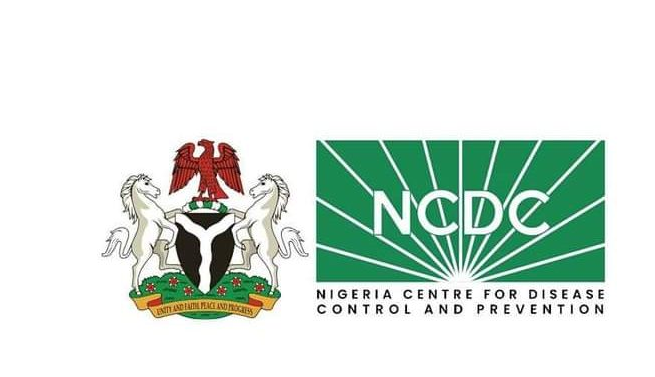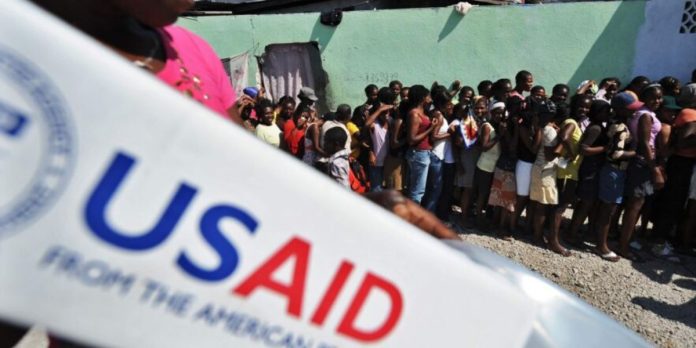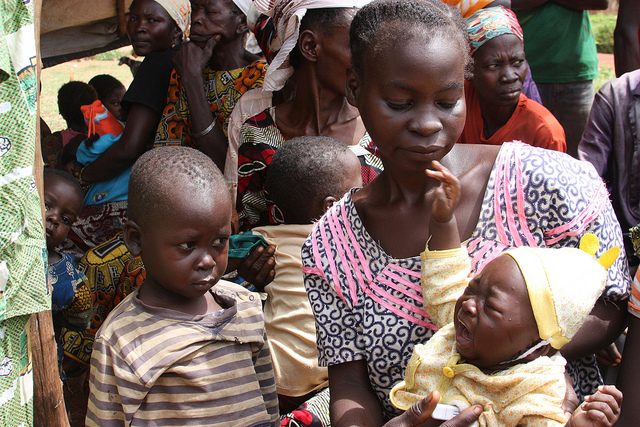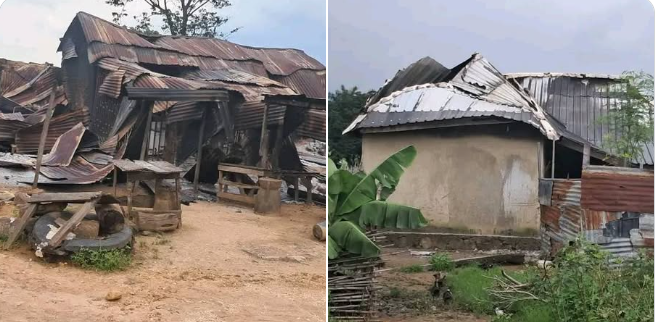The Nigeria Centre for Disease Control and Prevention has recorded 1,095 Lassa fever cases across 113 Local Government Areas in 28 states.
The NCDC revealed this in its Lassa Fever situation report for week 41 (October 9 -15, 2023), released on Tuesday.
Lassa fever is an acute viral hemorrhagic illness caused by the Lassa virus, a member of the arenavirus family of viruses.
Humans usually become infected with the Lassa virus through exposure to food or household items contaminated with the urine or feces of infected Mastomys rats. The disease is endemic in the rodent population in parts of West Africa.
Lassa fever remains a major public health challenge as poor environmental sanitation, poor awareness, and late presentation of cases are reported to fuel the epidemic in Nigeria.
The NCDC said the suspected cases are now 7,724 and that the disease has killed no fewer than 188 persons in the country.
With the current death toll, the agency noted that the case-fatality ratio of the outbreak stood at 17.2 percent.
“Cumulatively from week 1 to week 41, 2023, 188 deaths have been reported with a Case Fatality Rate of 17.2 percent which is lower than the CFR for the same period in 2022 (18.9 percent).
“In 2023, 28 States have recorded at least one confirmed case across 113 LGAs.
“Seventy-five confirmed Lassa fever cases were reported from these three states (Ondo, Edo, and Bauchi) while 25 percent were reported from 25 states with confirmed Lassa fever cases. Of the 75 percent confirmed cases, Ondo reported 35 percent, Edo 29 percent, and Bauchi 11 percent.
“The predominant age group affected is 21-30 years (Range: 1 to 93 years, Median Age: 32 years). The male-to-female ratio for confirmed cases is 1:0.9,” the report read in part.
Meanwhile, the number of suspected cases increased compared to that reported for the same period in 2022.
So far this year, the disease has infected 50 healthcare workers in Nigeria.
The NCDC noted that it is conducting intensive response activities through a one-health approach in affected LGAs.
Health

.jpg)









